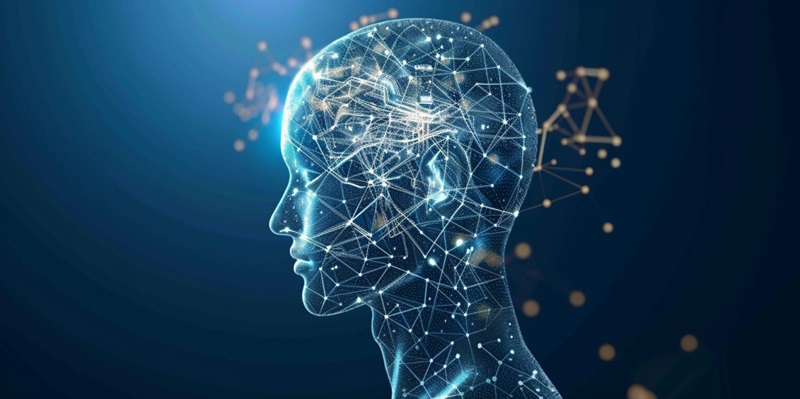The rise of artificial intelligence has traditionally seen individual machines outperform humans in specific tasks. However, the field is now witnessing a profound shift with the emergence of Collective AI. This new breed of artificial intelligence combines multiple intelligent entities that learn and share knowledge in unison, breaking away from the siloed existence of traditional AI systems. This interconnected approach signifies a paradigm shift in the realm of machine learning, emphasizing the importance of synergistic learning. As multiple AI systems communicate and evolve together, our own interactivity with technology is poised to enter an unprecedented phase of collective intelligence. This evolution toward a cooperative framework among AI holds the promise of accelerating learning and innovation, revolutionizing how we harness the power of artificial intelligence.
The Genesis of Collective AI
The concept of Collective AI is built on the premise of networking multiple artificial intelligence systems to function as an integrated unit. This network can then operate like a ‘brain’, with each AI entity akin to a neuron; alone they are limited, but together, they create a system with the facility to learn, adapt, and evolve autonomously. These ‘connected intelligences’ could dynamically exchange information, allowing the entire system to benefit from singular experiences and insights, seamlessly sharing expertise and decision-making capabilities in real-time.
One of the key advantages of this new paradigm is the vast expansion of learning potential. In the current model, AI systems are trained intensively using massive data sets, a method that is time-consuming and energy-intensive. Post-deployment, these systems often have limited capacity for growth. Collective AI, on the other hand, facilitates continuous learning and growth, thus enabling AI systems to adapt to unanticipated situations with previously unrealizable agility.
Potential and Challenges
Collective AI promises a future where connected AIs synergize to transform activities from managing traffic to medical diagnostics. With real-time, shared intelligence, cybersecurity could bolster defenses instantaneously, and medical treatments could evolve with global data insights. Despite its potential, implementing Collective AI involves navigating data privacy, immense computational requirements, and ethical dilemmas about bias and human control.
The stakes for the economy are massive. Analysts like Gartner foresee AI injecting trillions into the economy by 2030, with Collective AI bringing forth new industries and reshaping markets. This paradigm shift demands that we tread carefully, ensuring that as we forge ahead, we embed stringent ethical standards and protections to steer the collective power of AI toward beneficial societal impacts.
Conclusion: The Collaborative Machine Age
We stand on the brink of an era where machines will not just perform tasks but will collaborate and evolve by sharing their ‘experiences’ and ‘knowledge’ with one another. The impact of such a shift cannot be understated. The idea of Collective AI extends beyond technical marvels, hinting at a future shaped by machines that learn not in isolation but in harmony with each other. As industries and academia focus on this grand vision, the challenge will be to ensure that the development of Collective AI remains beneficial to society at large, fostering cooperative growth rather than destructive competition. The journey toward Collective AI will require cautious navigation through technical, ethical, and societal concerns, but the destination promises a networked future that could redefine the intelligence of machines—and of our own species.

